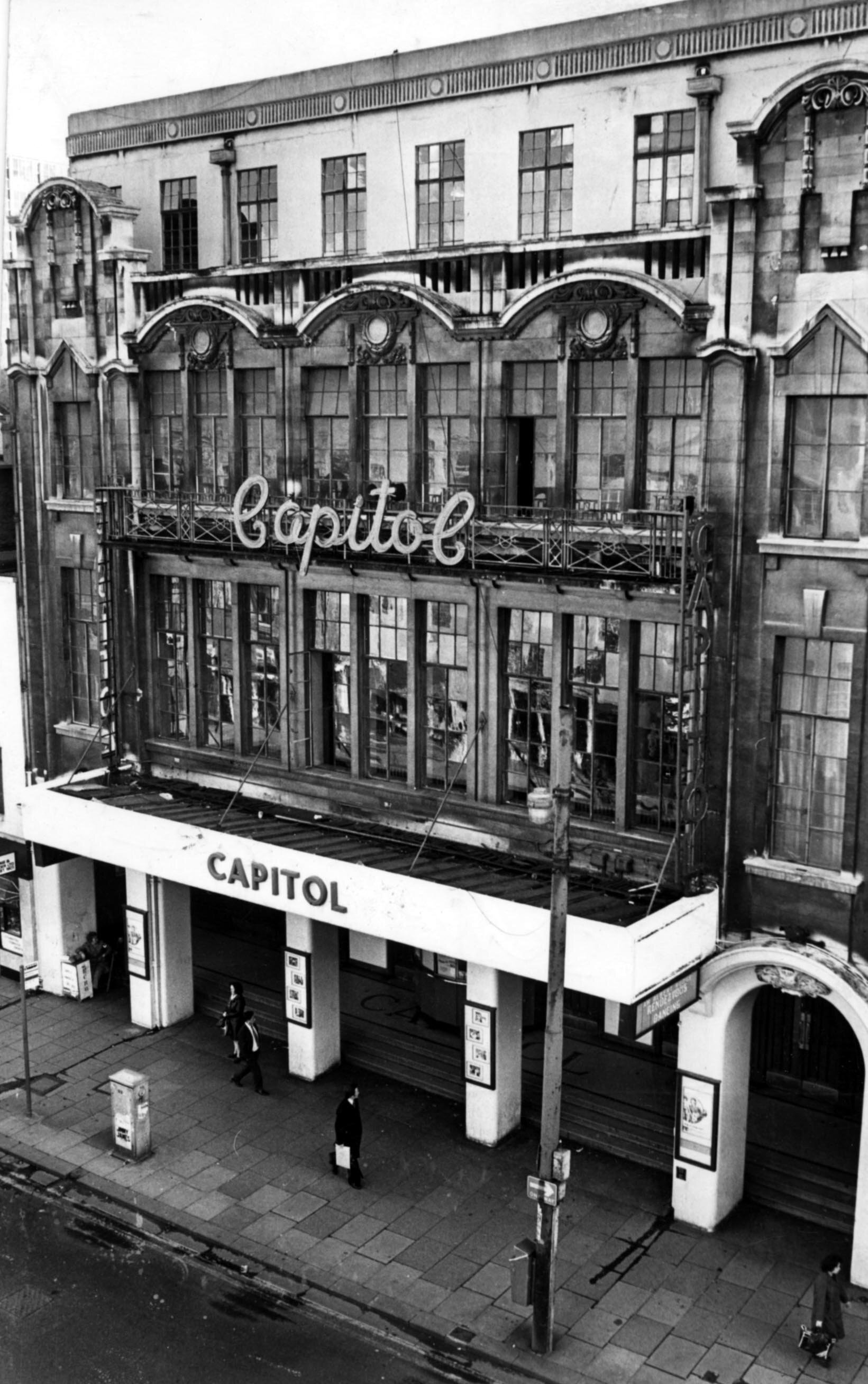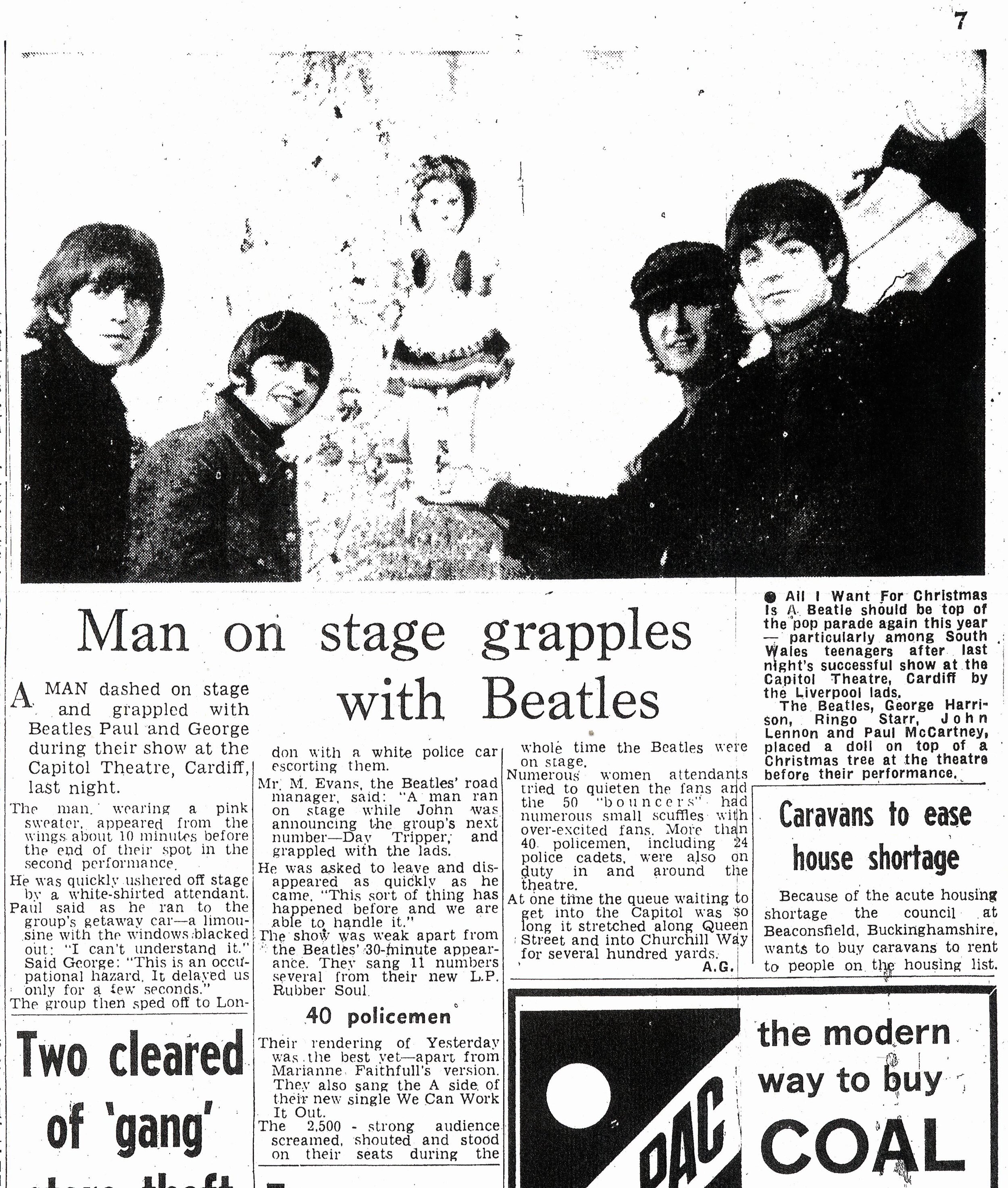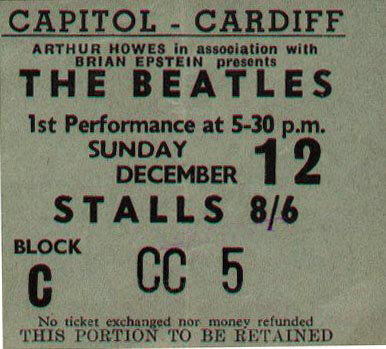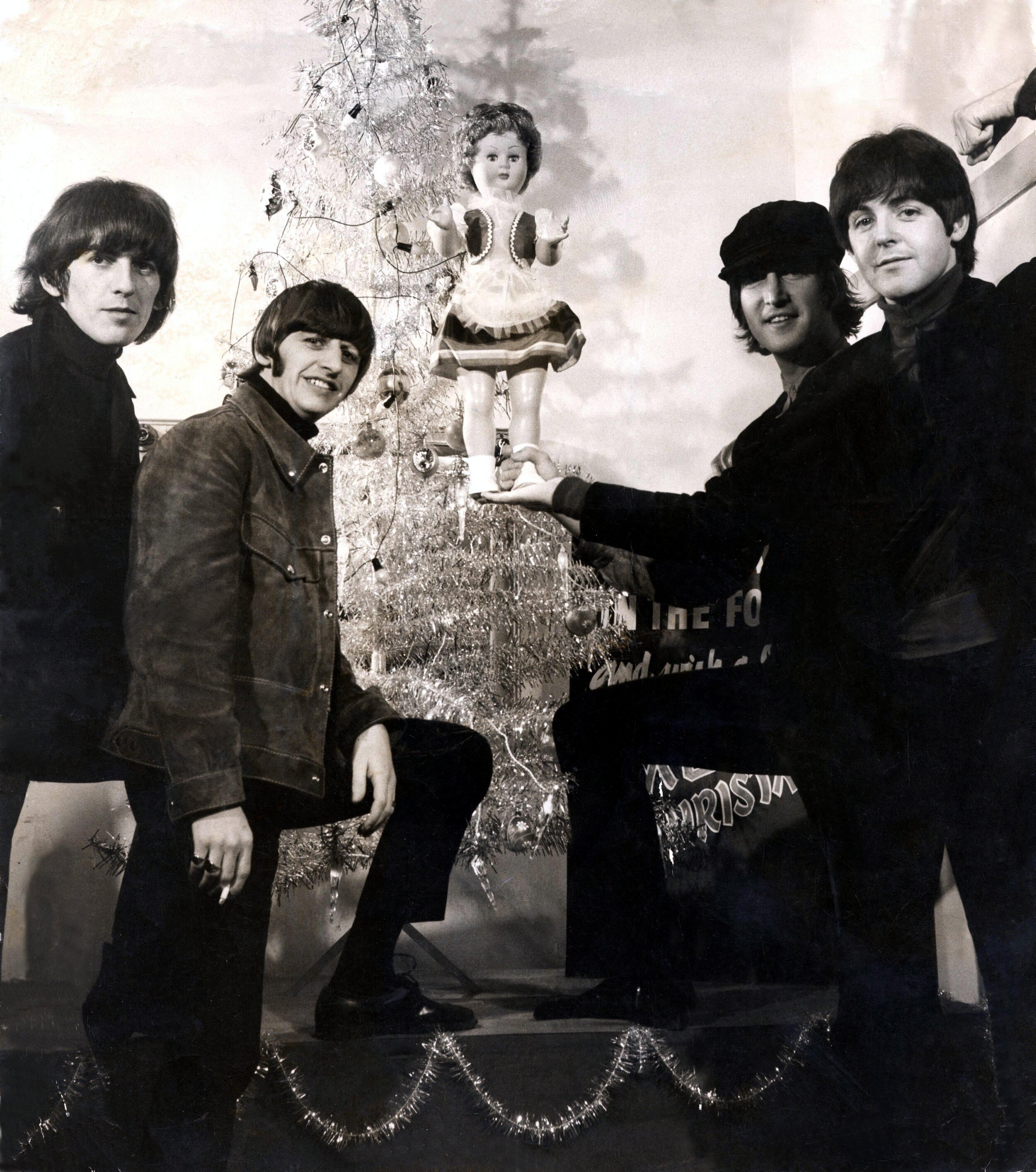Sunday nights in the 60s were bloody awful. Sing Something Simple was the radio equivalent of Mogadon; Doctor Finlay’s Casebook on the telly made you yearn for school or work next morning.
But for one Sunday night just before Christmas in Cardiff in 1965 the gloom was lifted for 5,000 lucky people. Because The Beatles were in town. What those 5,000 didn’t realise was that the band would never be back – to Cardiff, nor anywhere else in Britain. It was the last date of their last ever tour here. “No more tours, no more She Loves Yous”, John Lennon said. Those who screamed so hard that no-one heard the music were driving the final nail in the coffin of The Beatles on the road – but paving the way for the glorious experimentation of Revolver and the genius of Sergeant Pepper’s Lonely Hearts Club Band. For The Beatles were ready to turn their back on the road and concentrate on the studio instead.




So it was Sunday December 12, 1965. The Beatles’ sixth album – Rubber Soul – had been released the week before and the Capitol Cinema in Queen Street was the venue for the last two shows of a 10-day, nine-venue, 18-show tour. The other acts were listened to with some respect. The Moody Blues, the Paramounts – soon to become Procul Harum – plus the Marionettes and Liverpool performers The Koobas, Steve Aldo and Beryl Marsden. For Steve Aldo is was like coming home. He’d worked in Butetown and says it was the first time he hadn’t experienced any racism in a community. The Beatles manager Brian Epstein asked the promoter to include him on the tour. “He asked why? Brian said, ‘Because the boys want him,’” Aldo recalled.
“I knew the guys from the Cavern, and then did some shows with them and Little Richard,” said Marsden. “The Paramounts backed us. I did one song on me own and then me and Steve did Mocking Bird and Baby Baby Baby – a quite obscure, soully thing. We were never sure what the fans were going to do because they came to see the Beatles, but they were receptive and came to listen. It was a good audience until the curtains opened for The Beatles - then they went mad”
They went mad over two shows – at 5.30 and 8pm. Tickets ranged from 10 shillings and sixpence to 15 shillings – that’s 75 p. The Beatles were opening their 30-minute sets with I Feel Fine, and then included She’s A Woman, If I Needed Someone, Act Naturally, Nowhere Man, Baby’s in Black, Help!, We Can Work It Out, Yesterday, Day Tripper and I’m Down. It’s possible to put together a fair representation of what that set might have sounded like by listening to live tracks on the Anthology series of CDs issued a few years ago. And by doing that you’d get a better idea than people who were in the audience of what they were playing.
Gary Brooker of The Paramounts remembers standing at the side of the stage watching them perform Day Tripper because he could hear the vocals from there. He had no chance in front of the stage. Because when the curtains opened on The Beatles, the audience – mainly girls – screamed, shouted and cried to such an extent that the band couldn’t even hear themselves. “There was disappointment because you couldn’t really hear anything. You could sort of hear the music but we were familiar with the music; we had the records so we wanted to see them,” one of the lucky ticket holders remembered. “A brilliant night though.” Jon Holliday wrote about the event in the South Wales Echo: “The girls were part of the performance, and for me writing about it that was what was interesting.
The Beatles could have been cut out figures – you just couldn’t hear anything, it was cannon fire, brutal stuff, enough to make your eardrums bleed if you were too close to it.” That had been the story of most of the Beatles performances once they’d hit the charts, so much so that the decision to quite touring had more or less been made before the Cardiff spectacular. In 1966 they fulfilled commitments in the States, and Europe and – disastrously – the Philippines.
And they played for 15-minutes at a UK poll winner’s concert. The curtain came down on the 8pm show in Cardiff on December 12 1965 and that was it – The Beatles were rushed into an Austin Princess and driven to London for a slap-up celebration at the 60s pop star hang out, Scott’s of St James. And unless you were lucky enough to be in Saville Row for the 1969 Rooftop concert, you’d never see them in the UK again.


